- Joined
- Sep 13, 2016
- Messages
- 1,438
- Reaction score
- 2,203
This article from the Nikkei Asian Review doesn't go into much detail, but it does give one some basic information in English about the hike in Japan's consumption tax scheduled to kick in about a year from now.
https://asia.nikkei.com/Economy/Abe-set-to-confirm-Japan-consumption-tax-hike-for-late-2019
https://asia.nikkei.com/Economy/Abe-set-to-confirm-Japan-consumption-tax-hike-for-late-2019



